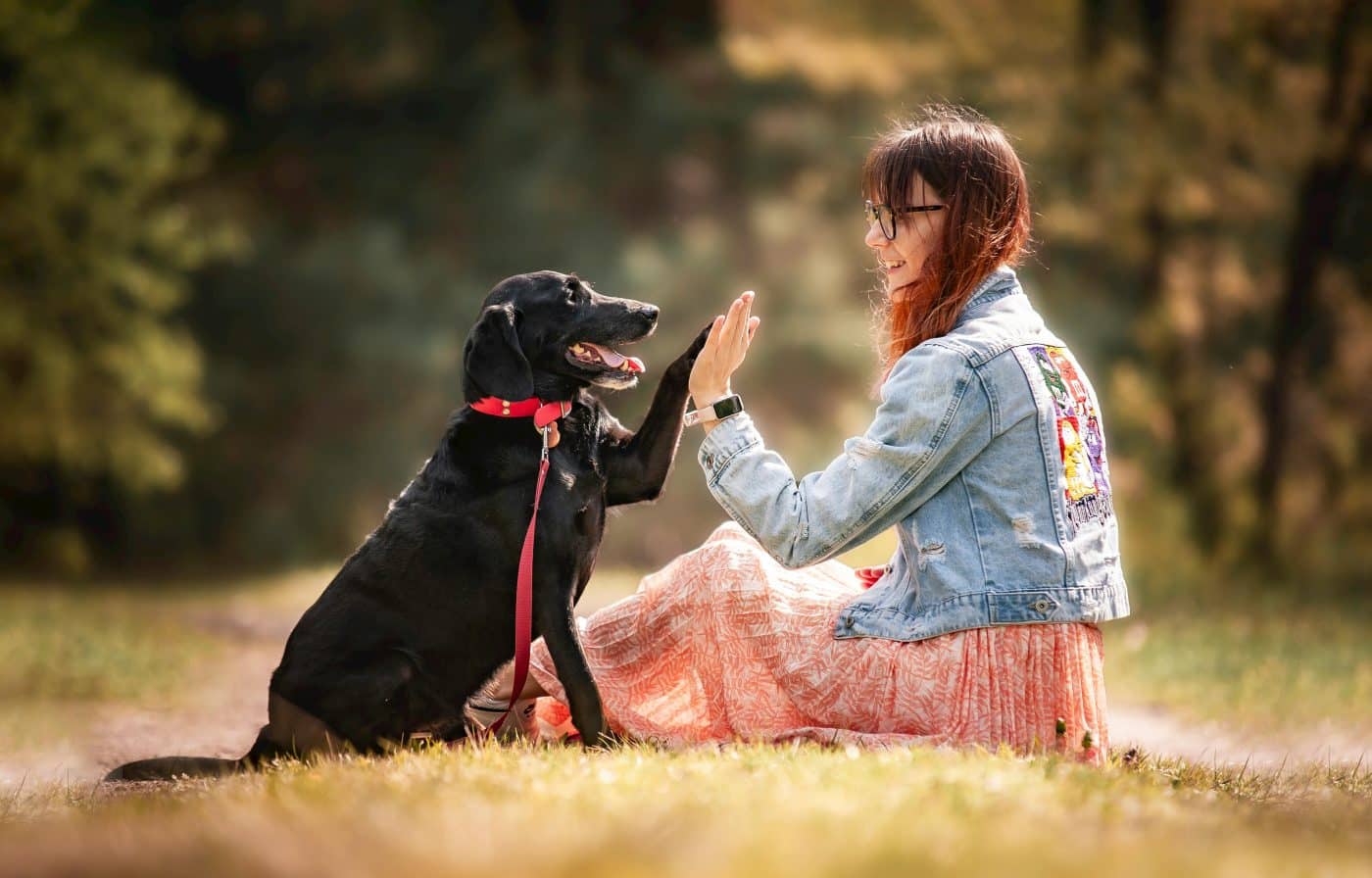 Shutterstock
Shutterstock
Dogs are known for their unwavering loyalty and affection, but sometimes, it can feel like they’re speaking a language we just don’t understand. As much as we love them and do our best to care for them, there are things your dog wishes you knew about how they feel. These subtle emotional cues can help you strengthen your bond and give your dog the love and understanding they deserve. Let’s take a closer look at what might be going on inside their hearts and minds.
Dogs Wish You Understood Their Need for Routine
 Shutterstock
Shutterstock
Dogs are creatures of habit, and they thrive when they have a predictable routine. From their mealtime to their walks and playtime, consistency helps them feel secure and safe. A sudden change in their routine can lead to stress or anxiety, which may show in different behaviors like whining or restlessness. By maintaining regular routines and providing stability, you’ll help your dog feel more at ease, knowing what to expect every day.
Dogs Love You More Than You Think
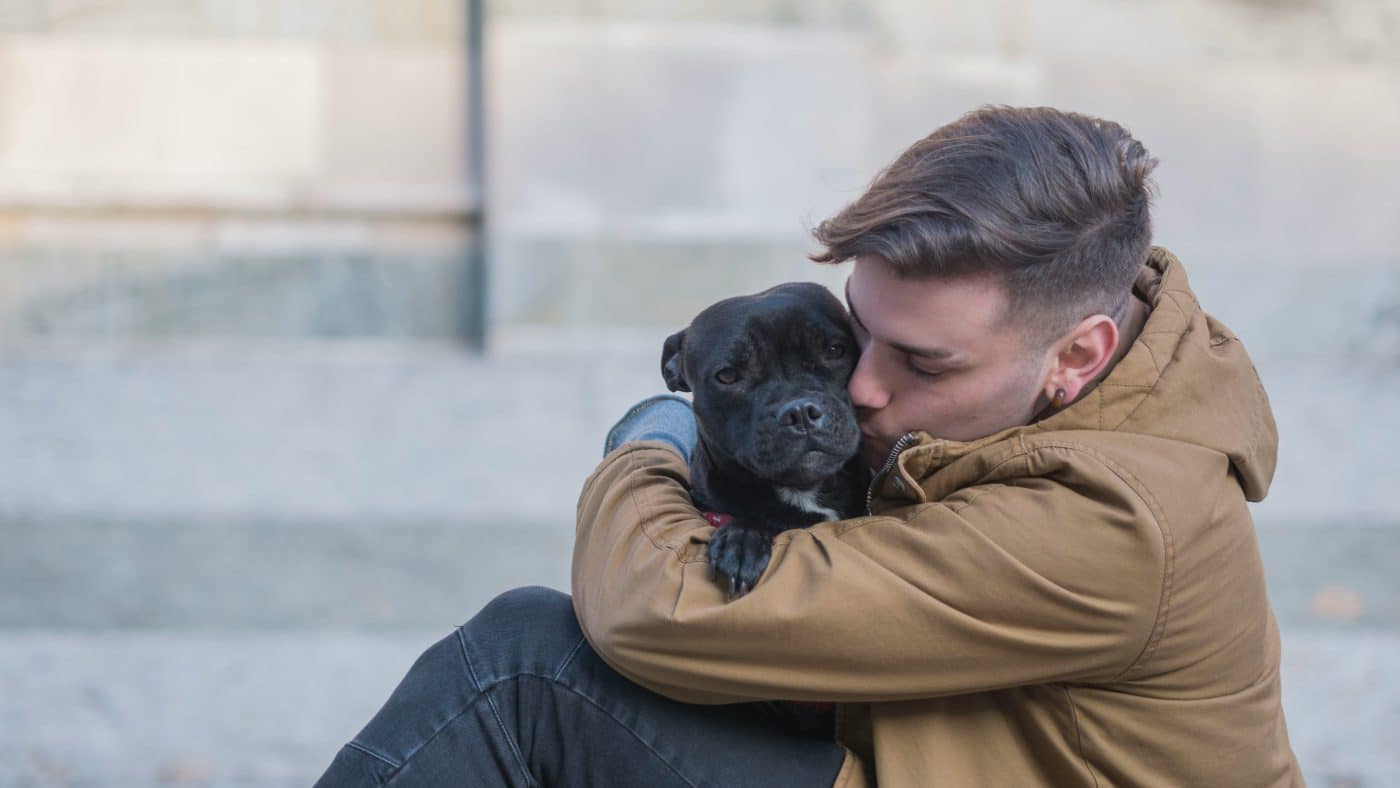 Shutterstock
Shutterstock
When you look into your dog’s eyes, they’re not just happy to be near you—they’re showing love. Studies have found that dogs bond with their owners in much the same way humans bond with loved ones, with oxytocin levels rising in both dogs and humans during these interactions. Your dog’s tail wagging, licking, and excitement when you come home are just a few signs of their affection. They don’t love us just because we provide them with food; they genuinely enjoy being with us and share a deep emotional connection.
They Have Emotions Too
 Shutterstock
Shutterstock
Dogs are far more emotionally intelligent than many people realize. Just like humans, they can feel happiness, fear, sadness, and even jealousy. If your dog seems to act differently when you’re upset or happy, it’s because they’re mirroring your emotions. Dogs have a heightened sense of empathy and can often sense when something is wrong, making them not only loyal but deeply in tune with their owner’s moods.
Dogs Don’t Like Being Left Alone for Long Periods
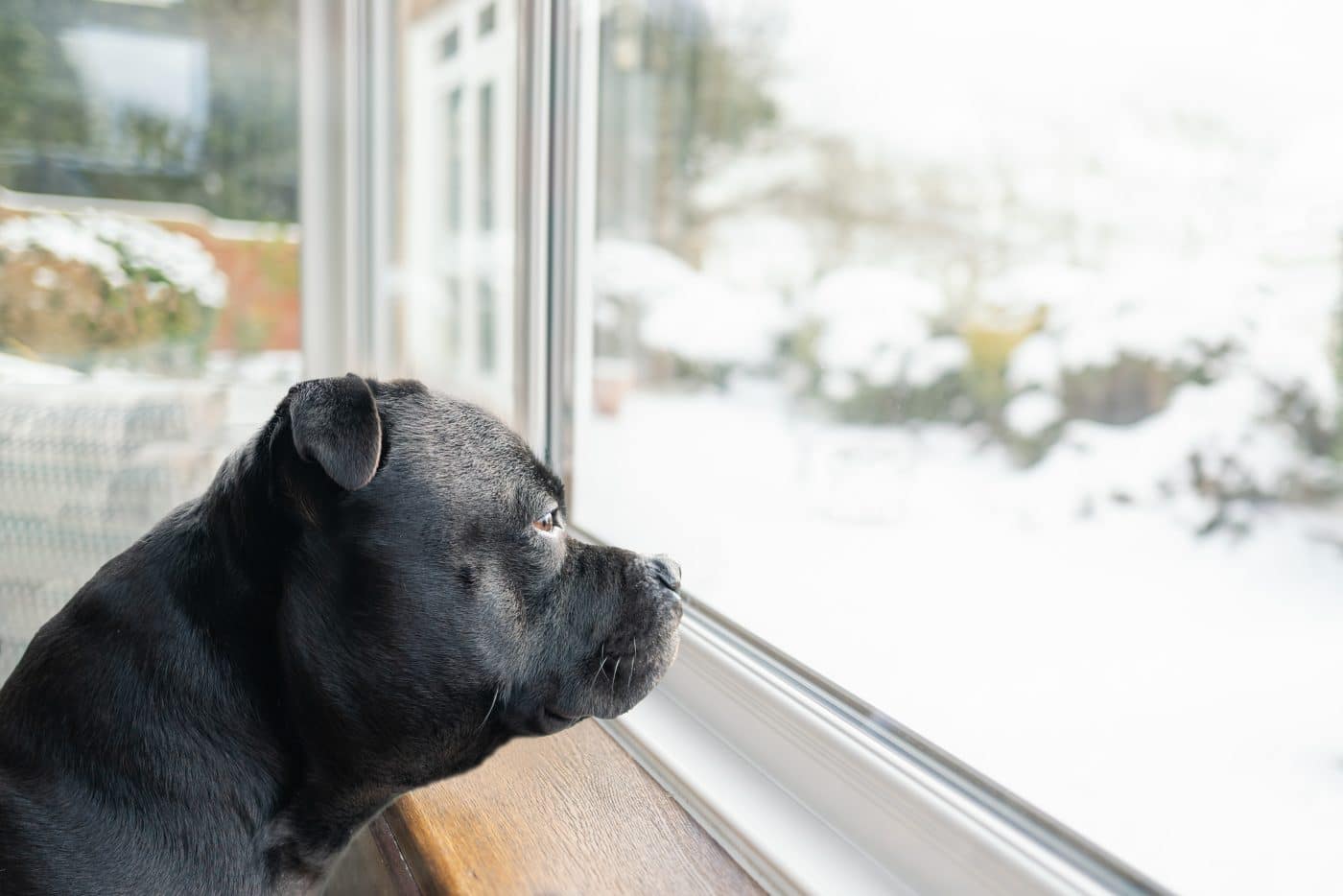 Shutterstock
Shutterstock
While some dogs are more independent, most thrive on human companionship and hate being left alone for extended periods. Separation anxiety is common in dogs, and it can result in destructive behaviors or even depression. Even if your dog doesn’t show signs of anxiety, it’s still important to remember that they are social animals who benefit from regular interaction. Whenever you have to leave for a long time, consider arranging for a dog sitter or a neighbor to spend time with them.
They Hate Being Yelled At
 Shutterstock
Shutterstock
Dogs respond better to positive reinforcement than negative punishment. When yelled at, they often feel scared or confused, not understanding what they’ve done wrong. Instead of scolding your dog, reward them when they behave correctly, which helps them learn while fostering trust. Yelling can create fear and even strain the relationship, so practicing patience and kindness leads to a happier and more well-behaved dog.
Dogs Need Mental Stimulation
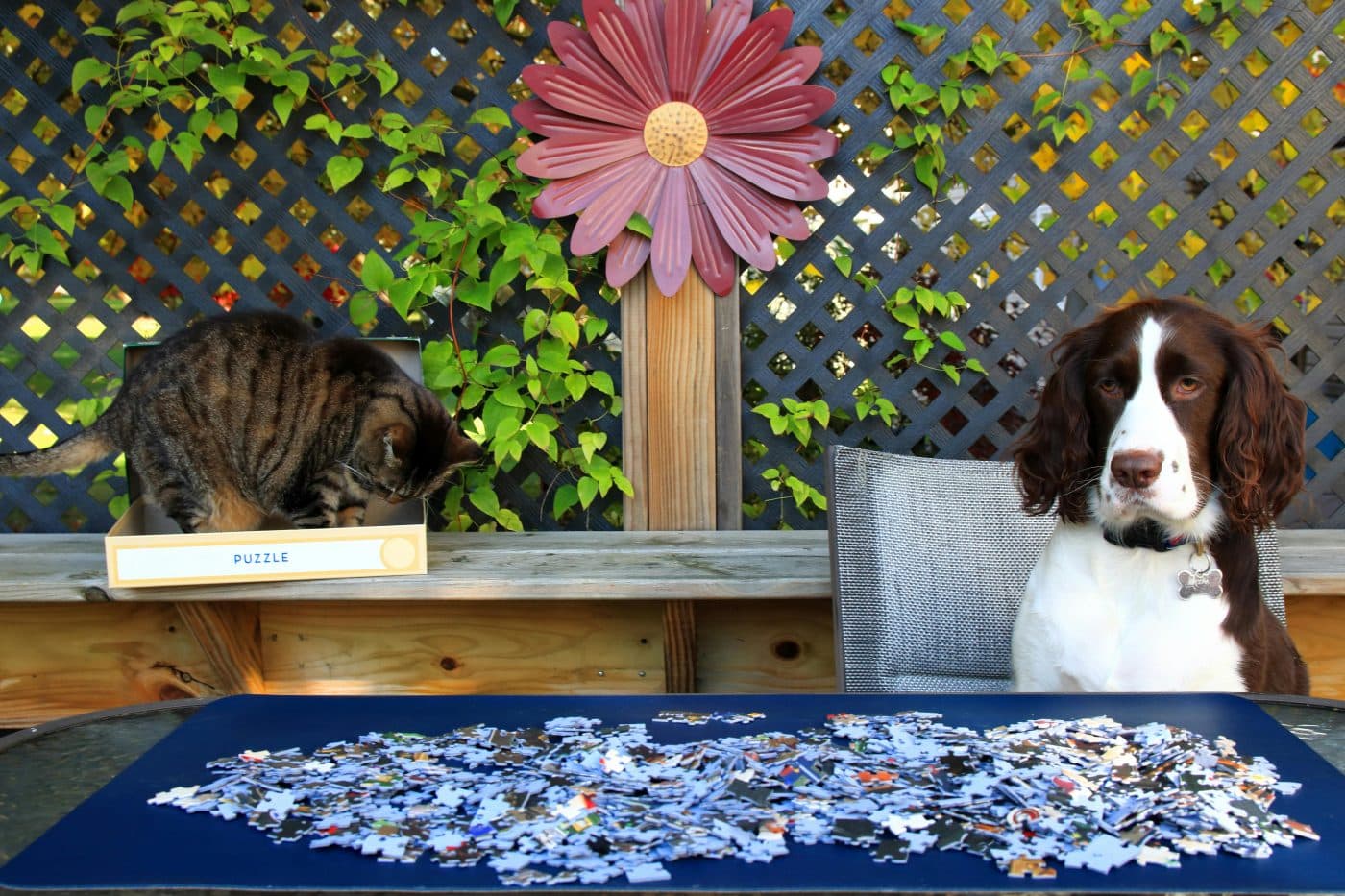 Shutterstock
Shutterstock
Just like people, dogs need mental stimulation to stay happy and healthy. Without it, they can become bored, which might lead to undesirable behaviors like excessive barking or chewing. Interactive toys, puzzle games, or simply teaching them new tricks can help keep their minds engaged. Regularly challenging their intellect not only helps them stay mentally sharp but also strengthens the bond between you and your dog.
They Can Sense Your Mood
 Shutterstock
Shutterstock
Dogs are incredibly perceptive and have an uncanny ability to sense their owner’s emotions. They can pick up on subtle changes in your body language, tone of voice, and even the energy in the room. If you’re feeling stressed or sad, your dog may come to comfort you, lying beside you or offering affection. When you’re happy, your dog will often share your excitement, jumping, wagging their tail, or simply matching your energy.
Dogs Need Their Space Sometimes
 Shutterstock
Shutterstock
Despite their love for companionship, dogs sometimes need their own space to relax. Just as humans need time to recharge, dogs may seek a quiet corner or their bed when they’re feeling overwhelmed or overstimulated. It’s essential to respect their need for solitude, as forcing interaction when they’re not in the mood can cause stress. Providing your dog with a safe and peaceful retreat where they can unwind is crucial for their emotional well-being.
They Love Being Included in Your Life
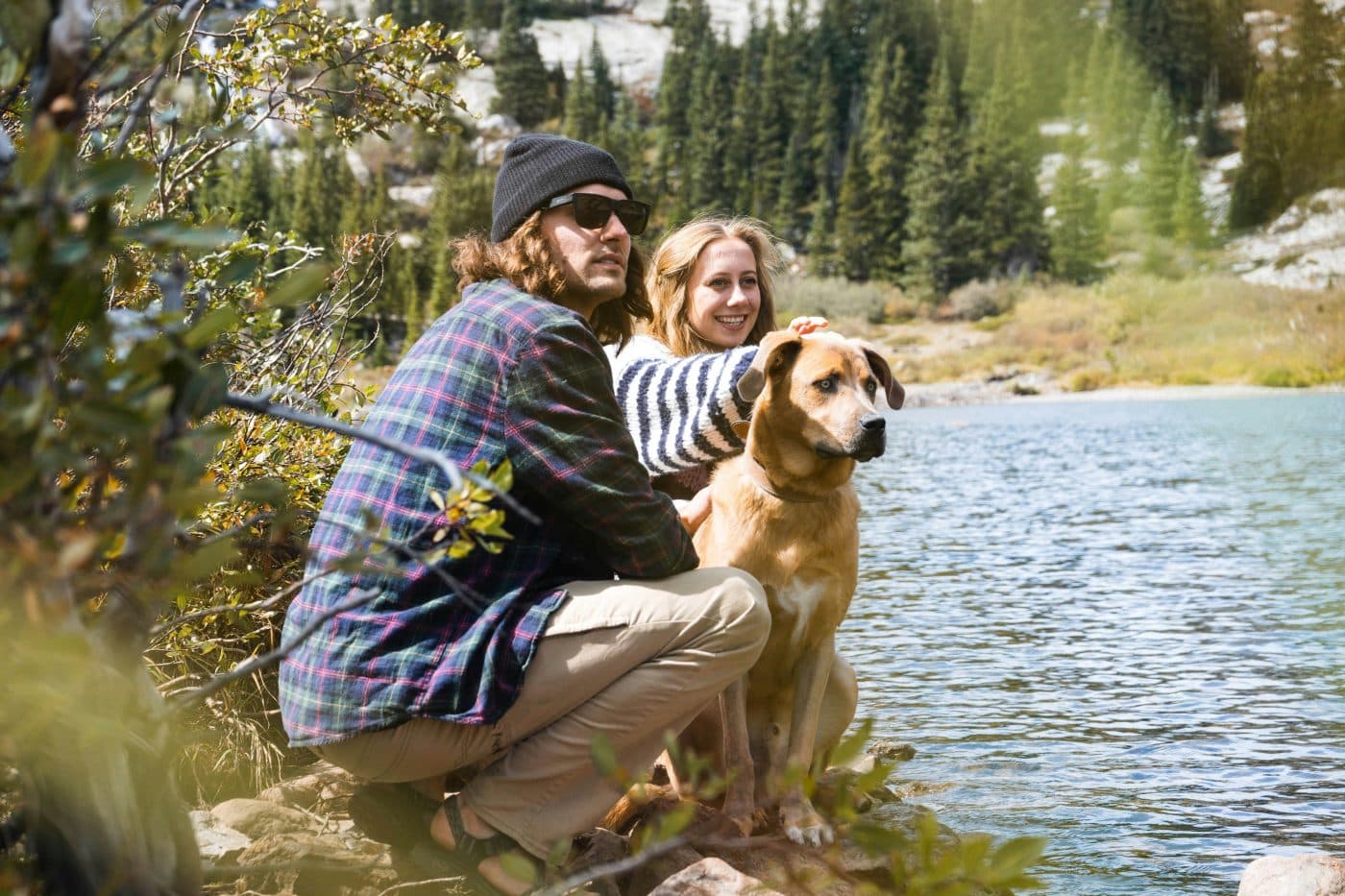 Shutterstock
Shutterstock
Dogs are social creatures that love being included in the activities of their family. They enjoy being near you, whether you’re working at your desk or lounging on the couch. Simply having your dog in the same room while you do daily tasks helps them feel secure and loved. They don’t require extravagant outings; their happiness comes from spending quality time with you, no matter what you’re doing.
Dogs Understand the Importance of Routine Playtime
 Shutterstock
Shutterstock
For dogs, playtime is not just fun—it’s an essential part of their routine. Regular playtime offers them an outlet for energy and strengthens the bond between you and your pet. Whether it’s a game of fetch, tug-of-war, or running around together, dogs love it when they know it’s time for fun. This kind of interaction satisfies their instinct to be active, and it provides both physical and mental benefits.
Dogs Remember Your Love and Affection
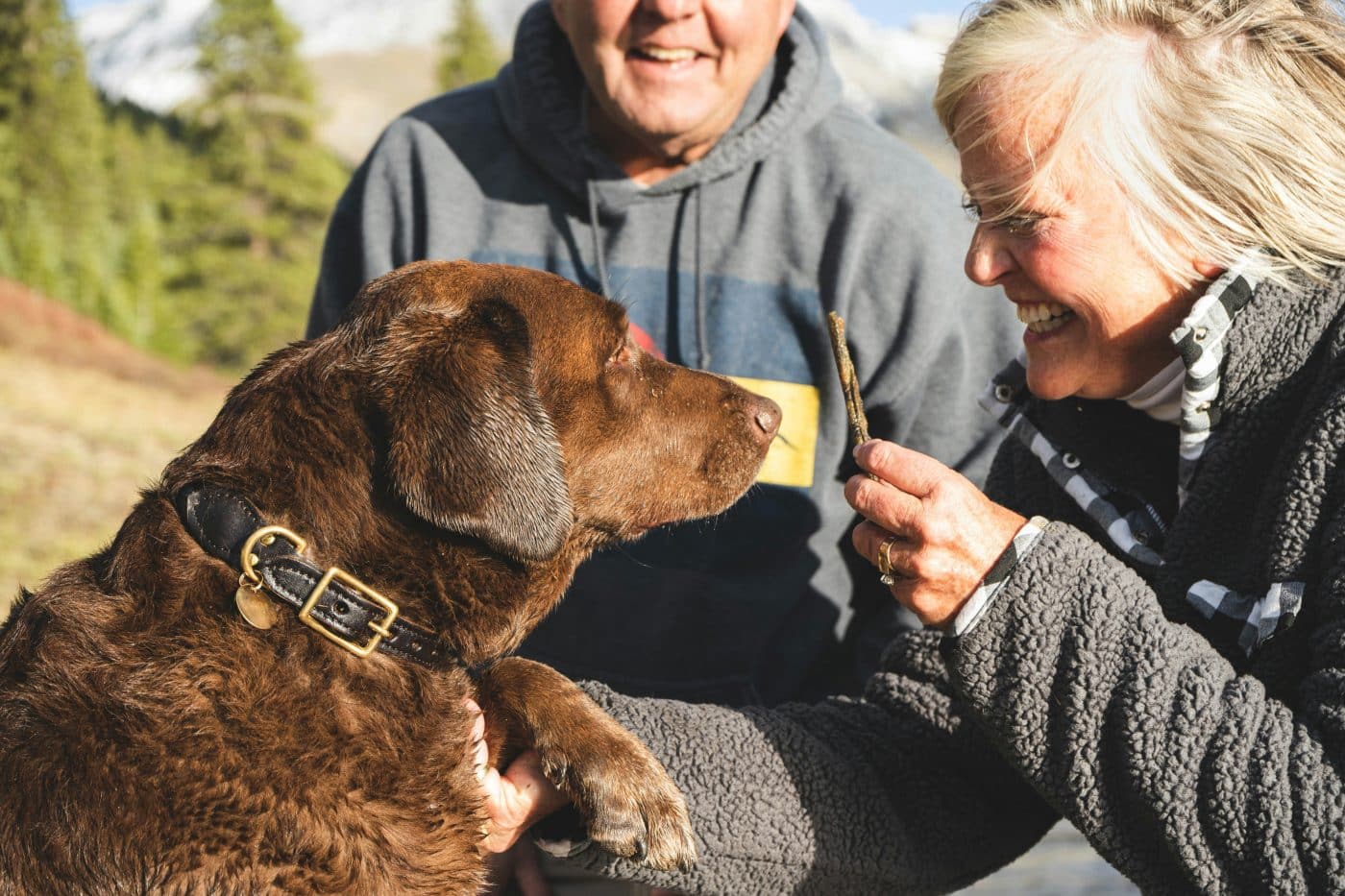 Shutterstock
Shutterstock
While dogs may not have perfect memory, they certainly remember the moments of love and affection you give them. Over time, the bond you share with your dog deepens, and they recall all the times you’ve taken care of them. Whether it’s a belly rub, a walk in the park, or a moment of snuggling on the couch, dogs cherish these loving moments. The more you show them affection, the more they trust and love you in return.
The Dog’s Love Language
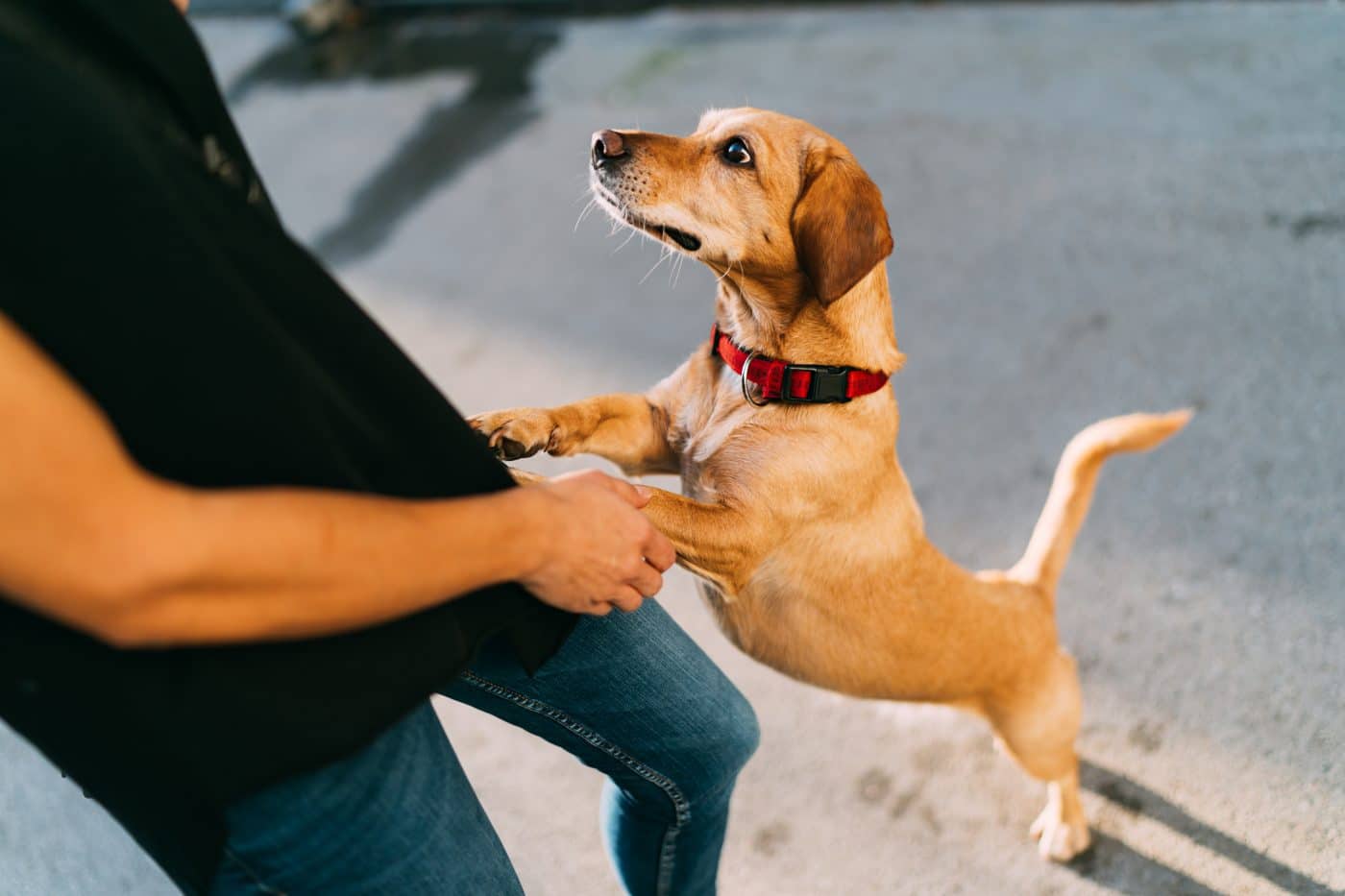 Shutterstock
Shutterstock
Your dog’s love for you is expressed through their actions, energy, and devotion. While they can’t use words to communicate, their affection shines through in countless ways. Understanding their needs and emotions allows you to strengthen the bond between you and make them feel loved and secure. Whether they’re cuddling, fetching a ball, or simply sitting by your side, their love for you is constant, unwavering, and unconditional. It shows in every tail wag, nuzzle, joyful bark, and every time they choose to be near you.

 21 hours ago
4
21 hours ago
4


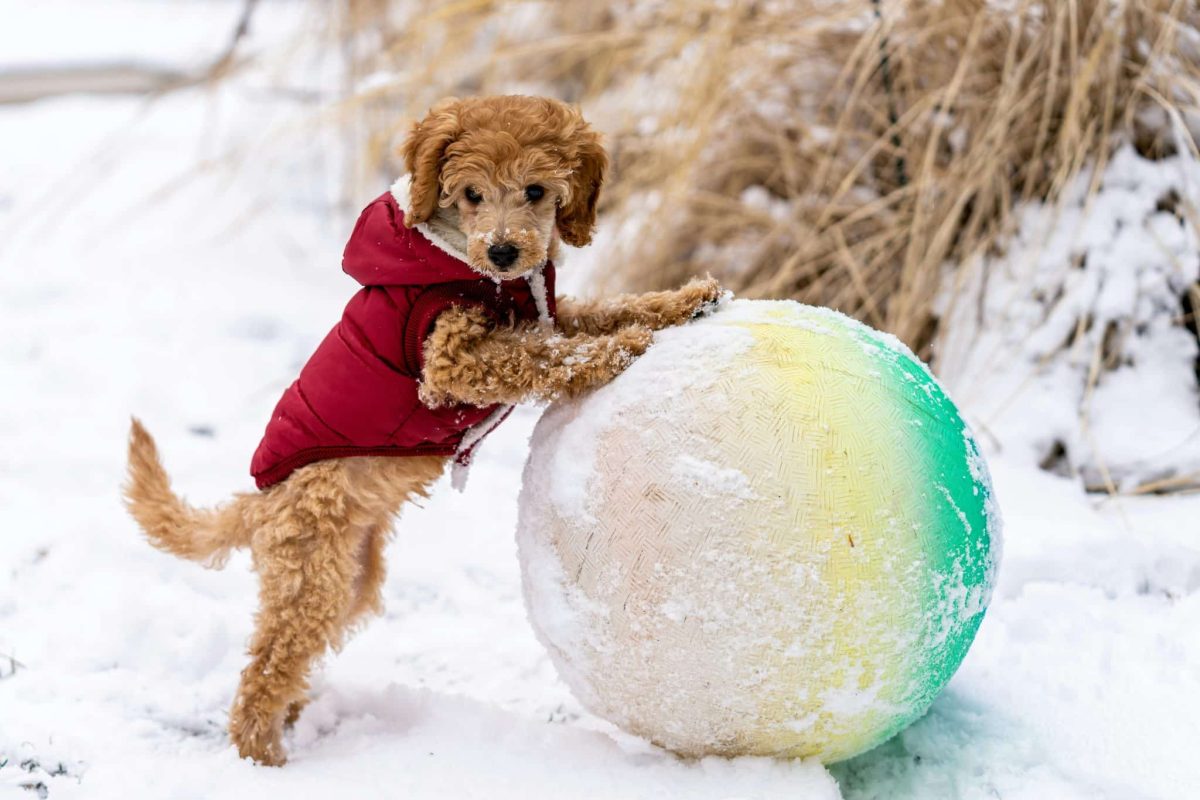

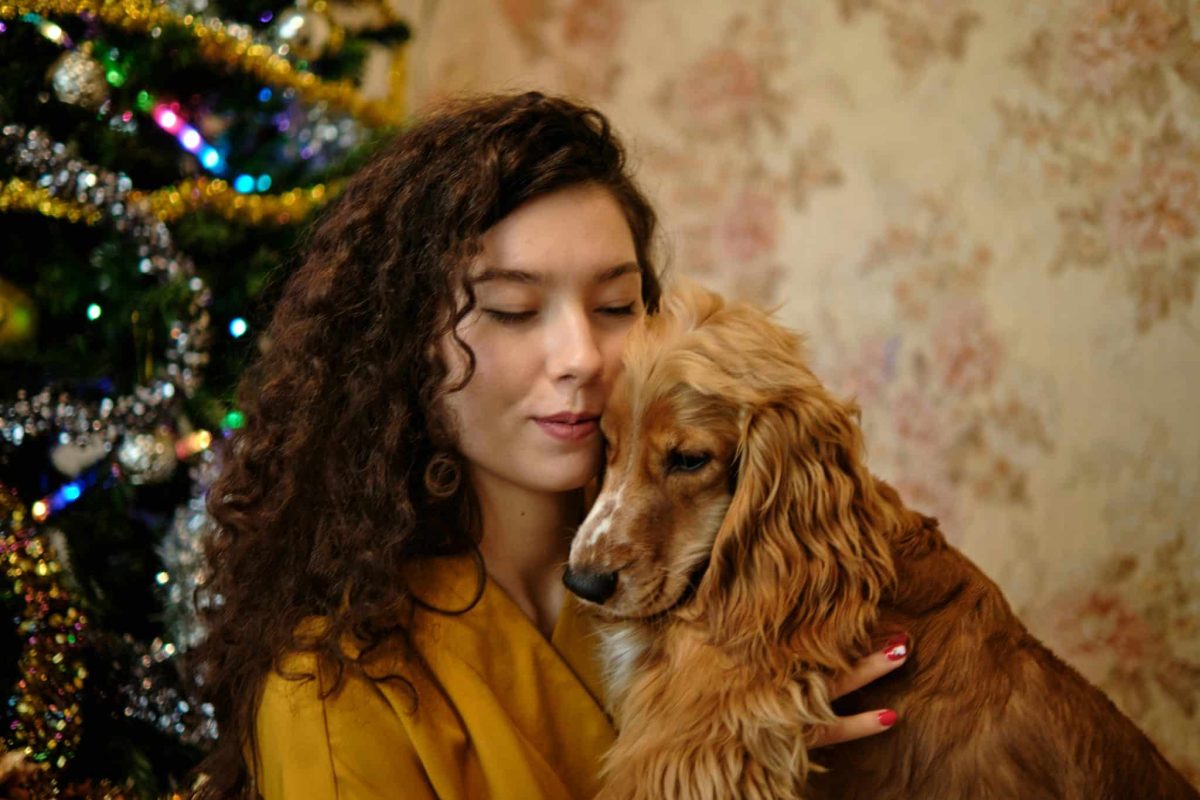

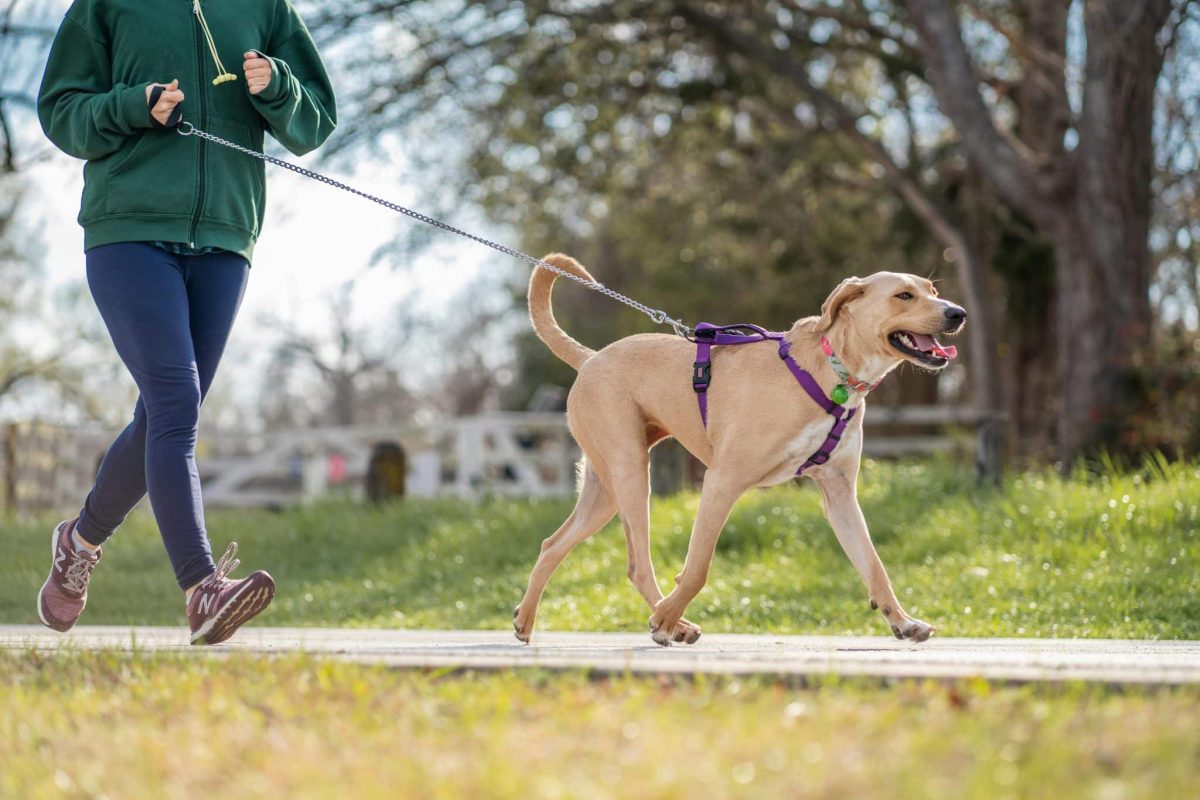
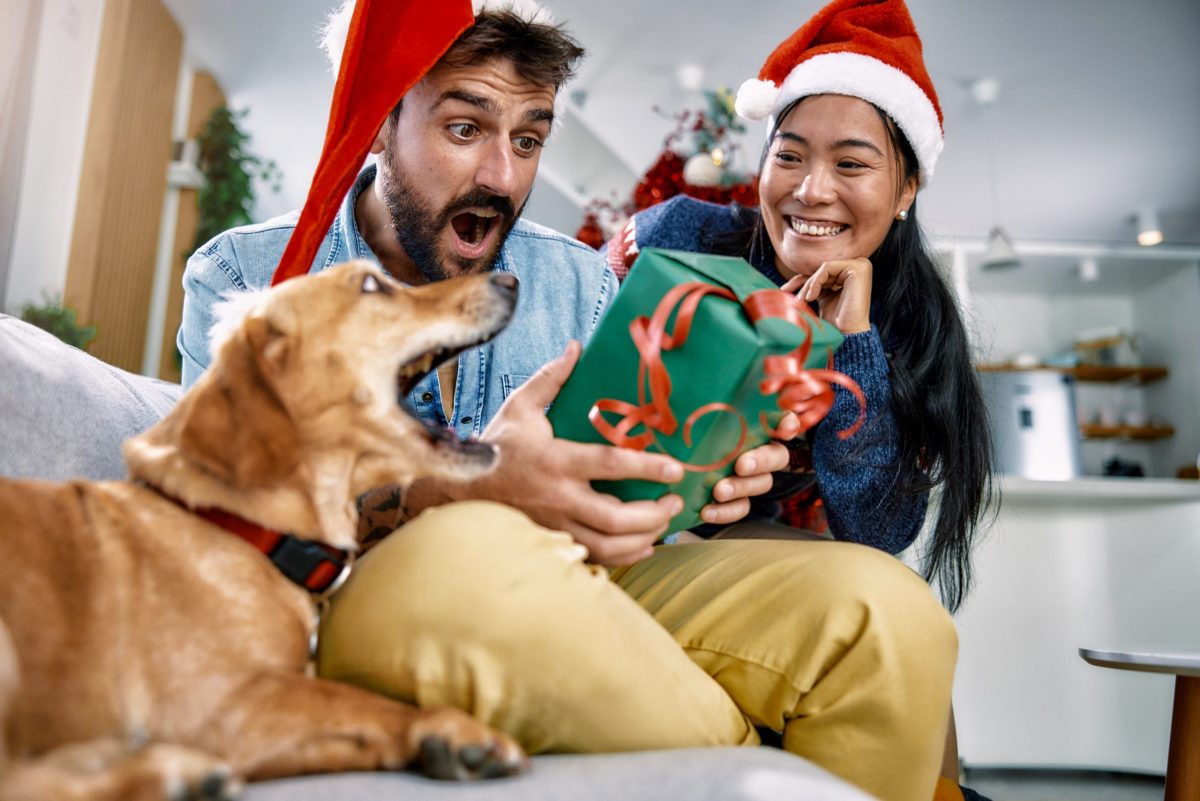
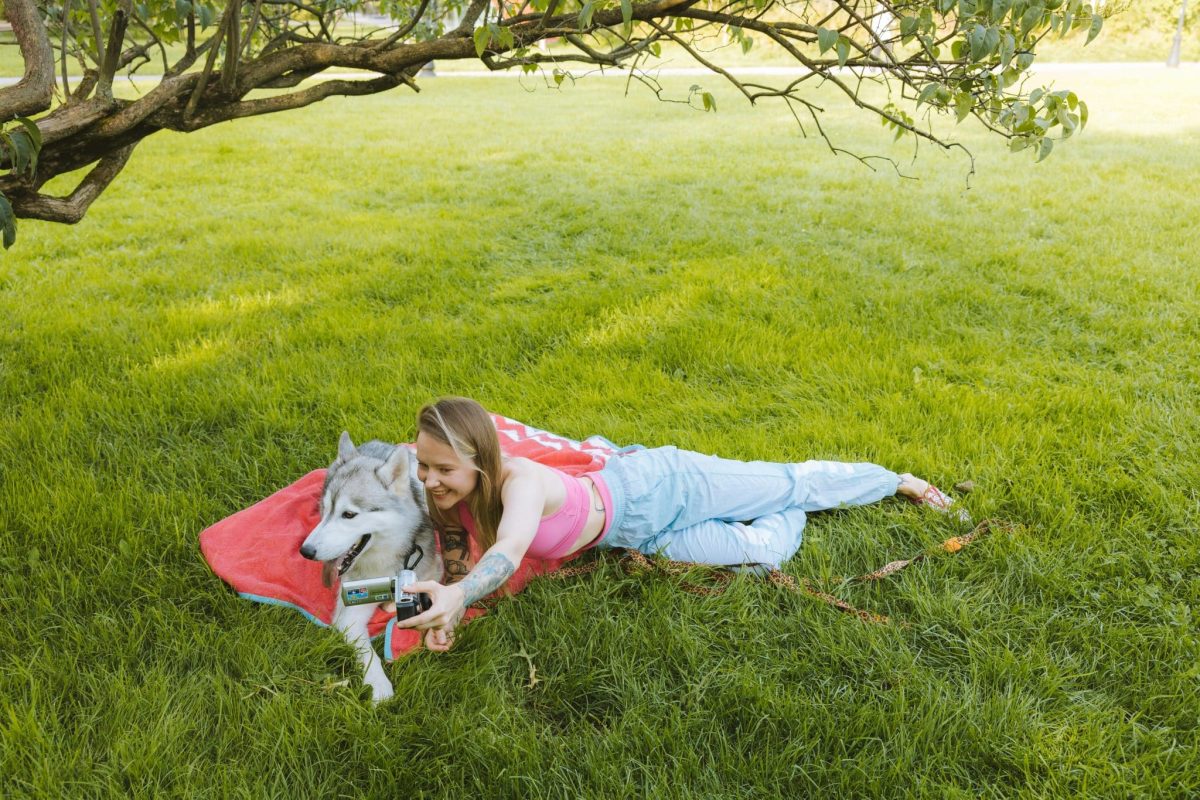
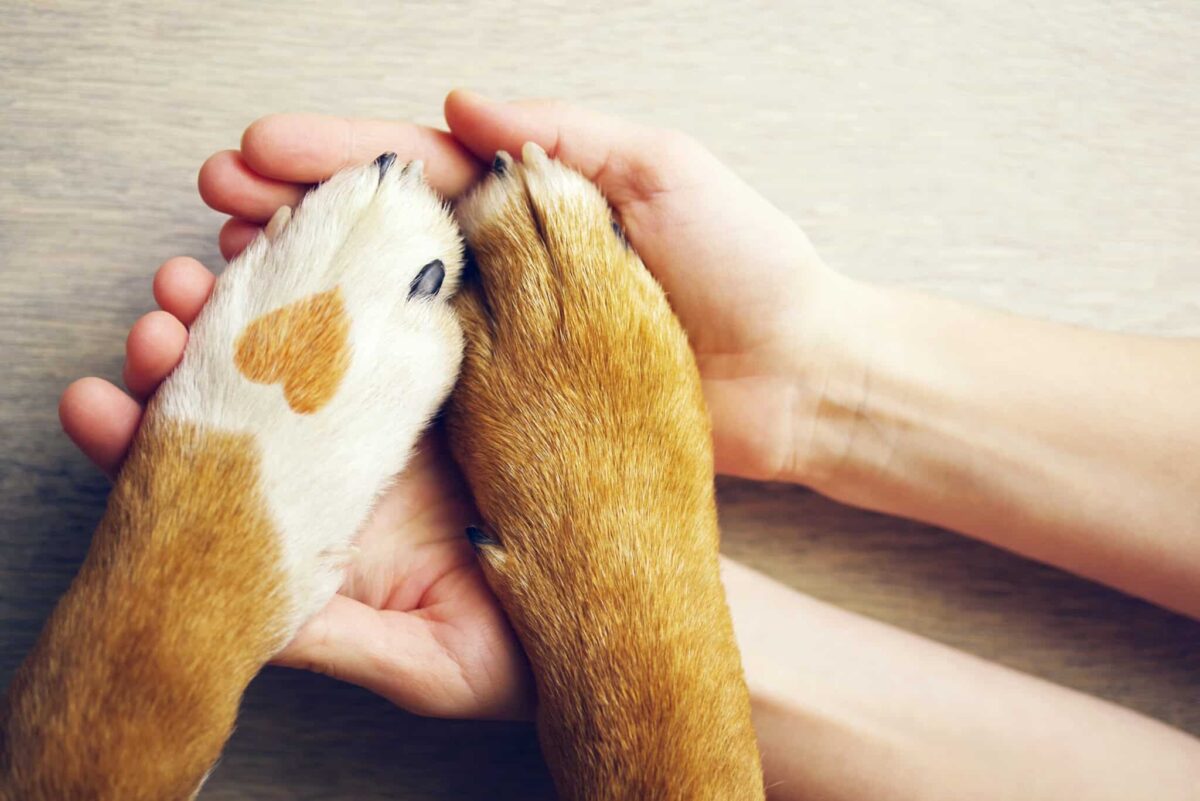
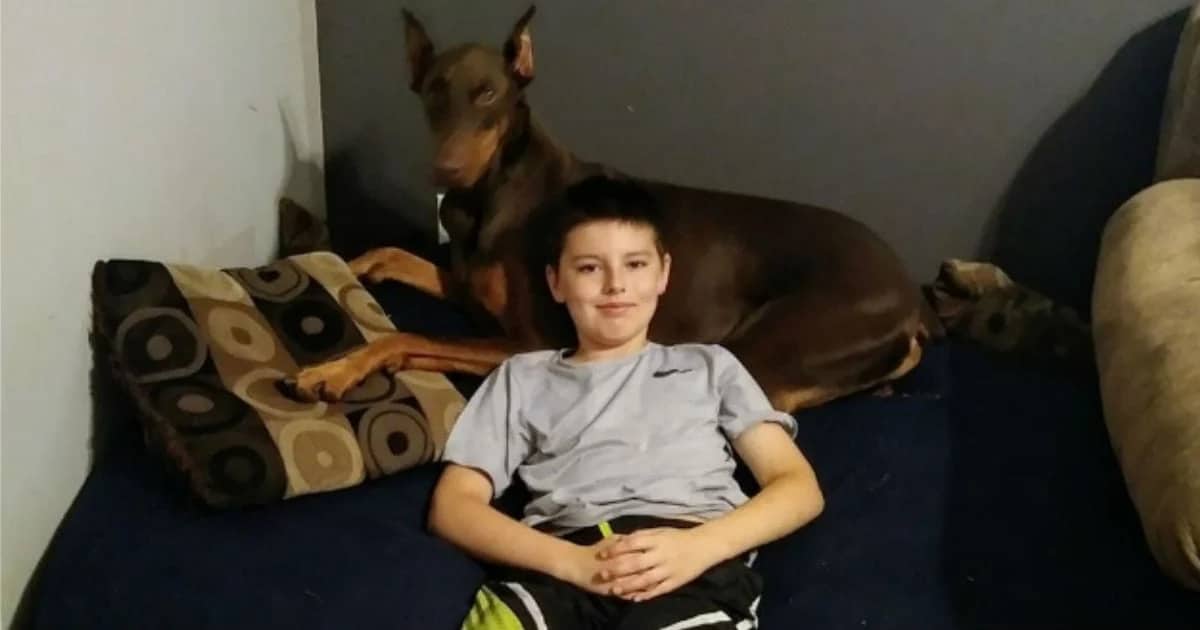

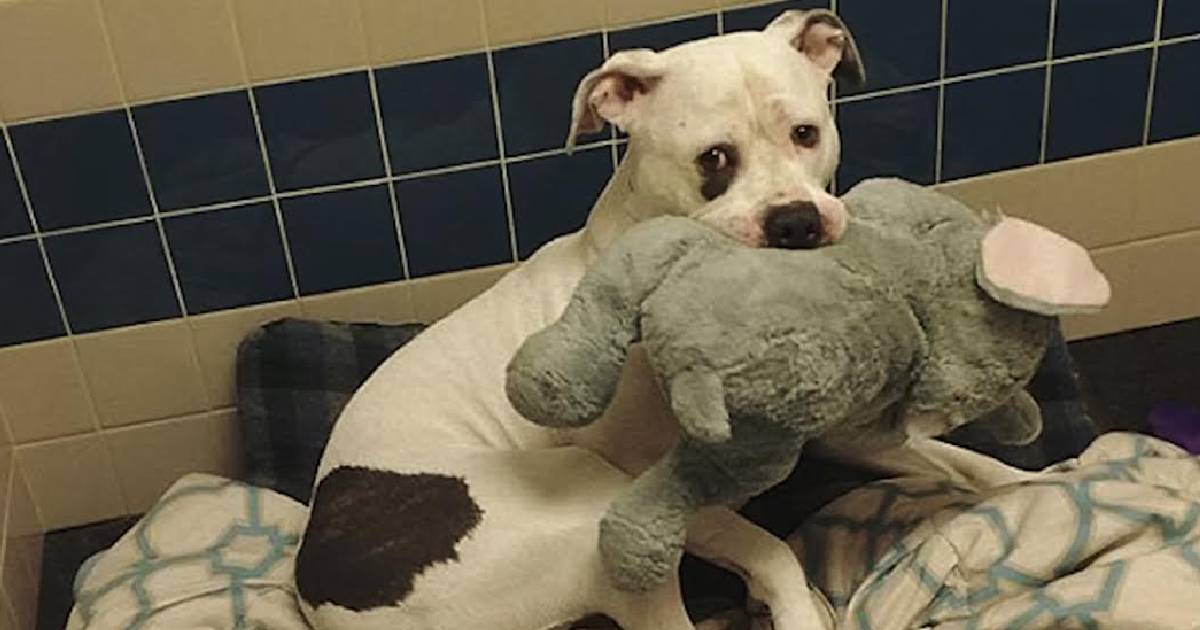



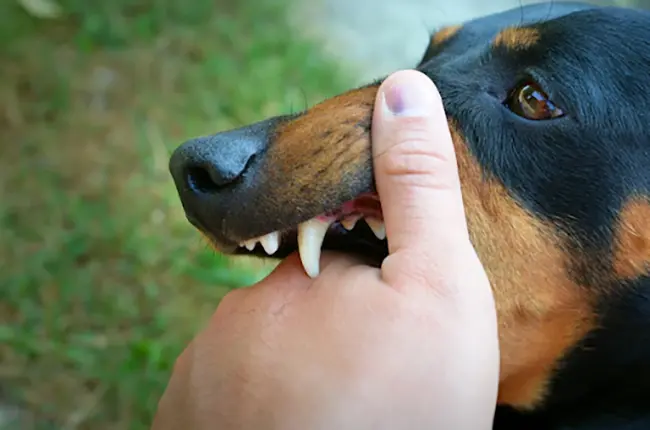
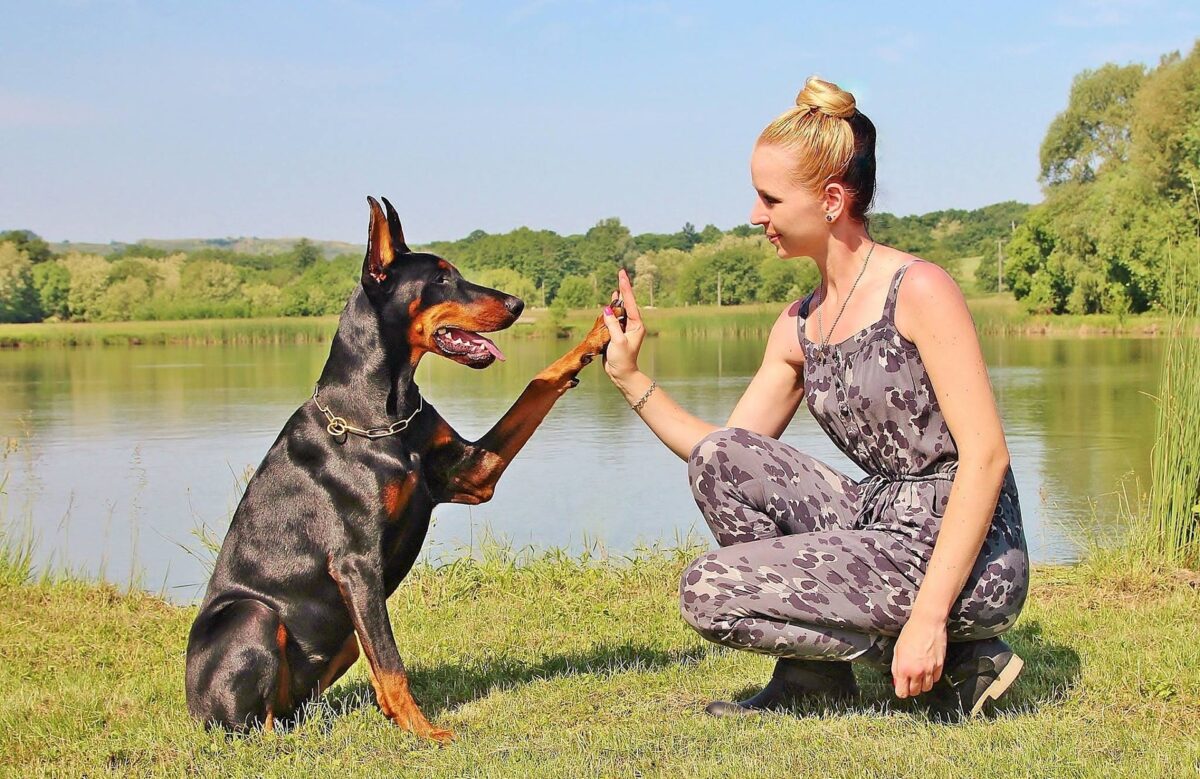
 English (US) ·
English (US) ·